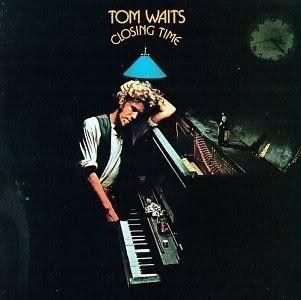Toobin’s final paragraph:
At some point in the distant future, Americans will likely regard this entire fin de siecle spasm of decadence with incredulity—at the tawdriness of the president’s behavior, at the fanaticism of his pursuers, and at the shabbiness of the political, legal, and journalistic systems in which this story festered. Mostly, though, these baffled future citizens will struggle with the same question about Bill Clinton. He was impeached for what? The answer will honor neither the president nor his times.
Toobin’s apt use of the term decadence reminded me of an essay I read earlier this week, which finds that the progress of the typical TV show, “like the history of a nation or an art movement, falls into four periods—primitive, classic, baroque and decadent.”
Here the author, Robert Fulford, explains the decadent period:
The decadent era begins when writers lose interest in their themes and try to maintain audiences by concocting steadily more outlandish storylines. One of the attorneys in the law firm of McKenzie, Brackman on the program L.A. Law (1986-1994) was a divorce specialist famous for seducing his clients and all other available females. A scriptwriter had him fall through a ceiling in the office while shagging his secretary. Amusing, but it turned comedy into farce and drained reality from the character—as Happy Days did in 1977 when Fonzie rode water skis over a Seaworld shark, making "jump the shark" a term for a program reduced to terminal silliness. (In 1997, a website, jumptheshark.com,began chronicling self-destructive TV shows.) In another L. A. Law episode a man was accused of using toad venom as a narcotic, but claimed he kept toads merely as pets; he destroyed his defense when he licked one while testifying. An annoying executive partner in McKenzie, Brackman solved everyone's problems by falling down an elevator shaft. That became a famous event in TV history but the arbitrary plotting suggested decadence and foretold early cancellation. Soon L. A. Law was no more.
Perhaps our country jumped the shark with Bill and Monica and Ken Starr and Paula Jones. The storylines afterward did get pretty outlandish: the 2000 election, 9/11, the war in Iraq, torture, etc.
For some, the election of a black man as president may seem yet another outlandish storyline, a wild turn of events that foretells early cancellation for our nation. Glenn Beck, for one, certainly seems to think Armaggedon is at hand.
Yet for most of us the opposite feeling predominates: that our country has at last returned to sanity and reminded us why we tuned in in the first place.


